After departing the border-town of Albury, and crossing the Murray River into Victoria, a short drive along the Murray Valley Highway brought me to the heritage treasure chest of Rutherglen. Studded with a mix of elegant and rustic-chic Victorian architecture, the embracing township gained its name for the cost of a few beers.
The 1860 gold strike spurred swift development and the entrepreneurial John Wallace, who built the Star Hotel, named the new goldfields township after his native home town in Scotland, in return for shouting the bar a round of drinks. How very Australian.
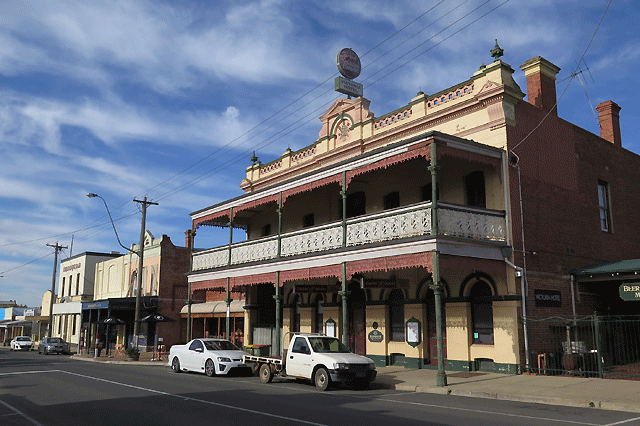
Rambling under the shady verandahs of Main Street, in the glow of the goldrush legacy, is a must. But nowadays, the town’s name is synonymous with one of the world’s best fortified wine regions. As the insta-worthy main street retro billboard wittily exclaims, “Sydney may have a nice harbour, but Rutherglen has a great port.” That’s only part of the story, because the wine scene spans a plethora of varietals and blends.
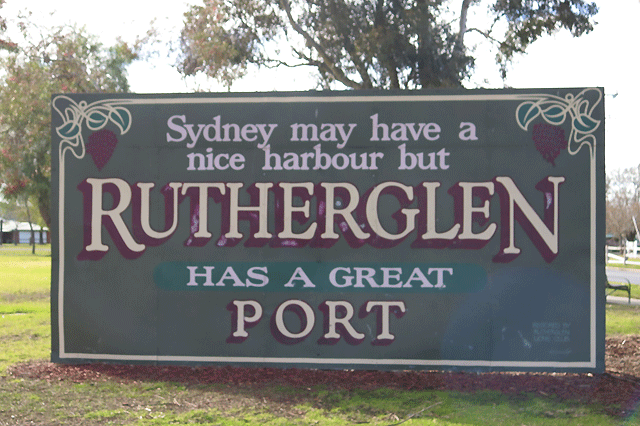
Today’s inventive and passionate Rutherglen winemakers are not only showered with accolades for their fortifieds, but they are stamping their mark with emerging Rhone-style blends, alternative varieties and newer varieties including marsanne, roussanne, grenache and mourvedre. I started my exploratory at the Rutherglen Wine Experience Visitor Information Centre, housed in an 1862 drapery. www.explorerutherglen.com.au
With fertile land and a mild climate, enterprising winemakers have capitalised on the conditions in and around Rutherglen since the first vines were planted in the 1850s. Rutherglen is one of the oldest wine-growing areas in Australia. If you’re a fan of big, bold reds you’ve got to savour their Durif, which hails from the South of France. Durif is actually a cross between the noble grape Syrah and the less well-known Peloursin, created by Dr. Durif at the University of Montpellier in the 1880s.
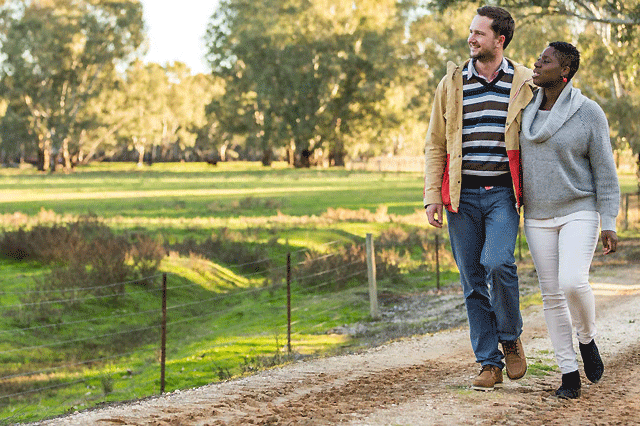
He was a nurseryman who was looking to develop a grape variety resistant to downy mildew, one of many scourges of the vine. Only a few token plantings remain in France today, but it’s prolific in Rutherglen after being introduced into Australia’s heavy red clays by pioneering Victorian viticulturalist Francois de Castella in 1908. Although only a few token plantings remain in France today, Durif is both successful and popular in Australia where it makes characterful, pitch-black wines.
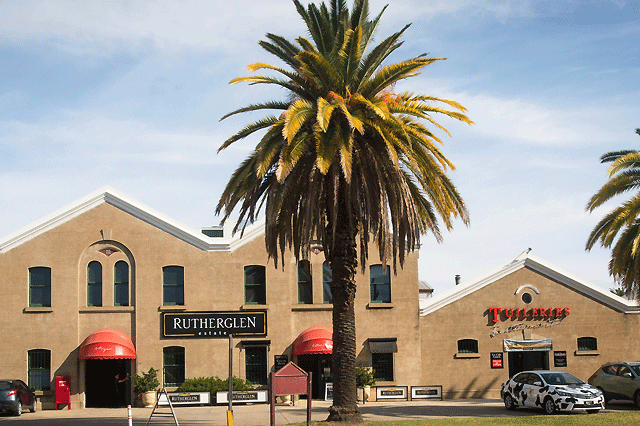
Stewed cherry, raisin, mixed fruit spice, dark leather, crushed violet, liquorice and chocolate are all qualities and characters this ‘big’ pitch-black wine can evoke. With over twenty cellar doors that you can visit, I only had time for a quick sample, so started at Rutherglen Estates, which produces premium table wines based on traditional, Mediterranean and alternative varietals.
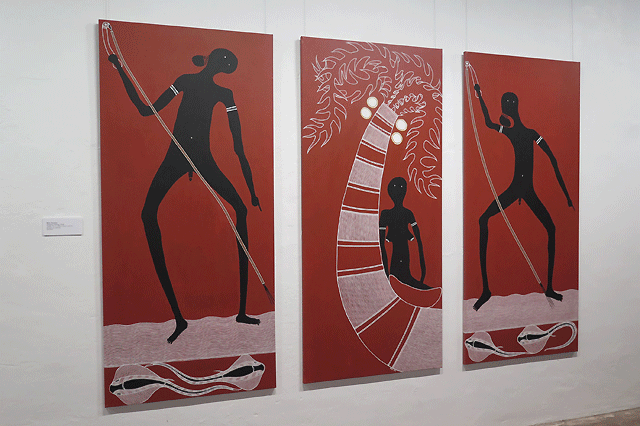
The historic Cellar Door building, built in 1886, now houses the cellar door and the Aboriginal Exhibitions Gallery, which is a joint venture between the winery and Australian Aboriginal art collector, Hans Sip. Operating as a commercial art gallery housed within the Rutherglen cellar door complex, after sipping and swirling, it’s free to enter and admire the curated exhibitions.
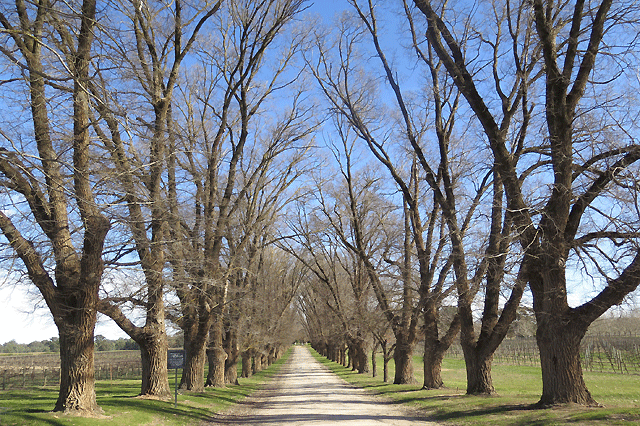
I also popped into All Saints Estate, with its majestically imposing entrance. Think grand gates, monumental elm trees, gracious carriage lamps and splendidly tended gardens, crowned by a beautiful 1860’s heritage-listed castle, keeping watch over the vineyards. Showcasing a sweeping range of award-winning table and fortified wines, all cellar door tastings are tailored to your wine interest.
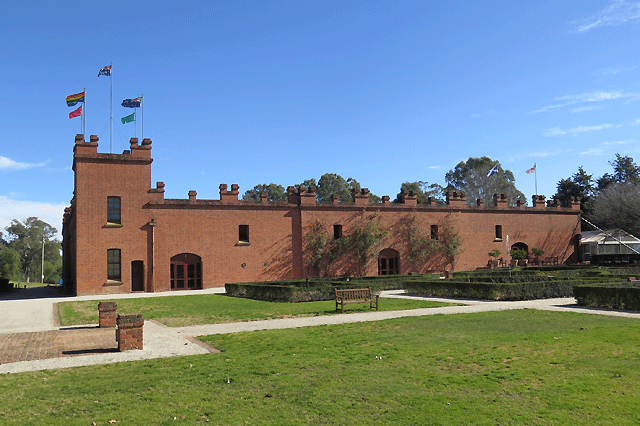
Another sterling stop is Campbells of Rutherglen. Sample the distinctive wines resulting from five generations of tradition, passion and innovation. The Campbell family has a hands-on approach and an uncompromising commitment to quality, producing star specimens like the Barkly Durif and Bobbie Burns Shiraz.
Heading west on the Murray Valley Highway, I called into delightful Yarrawonga, the perfectly located base to explore the region’s delights, which is marketed as Sun Country. Yarrawonga is graced by Lake Mulwala, formed by the building of a weir across the Murray River in the 1930s.
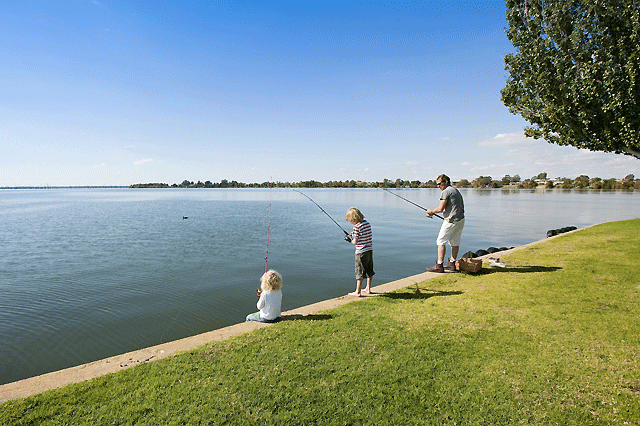
The resulting 23 kilometre long lake is a water-sports paradise, for boating, fishing and swimming. With a calendar loaded with festivals and excellent accommodation offerings, there’s a spunk and sparkle about Yarrawonga and its convivial shopping strip, Belmore Street. For something quirky, the Tudor House Clock Museum is a privately owned collection of hundreds of antique and novelty time pieces. Contact the information centre to arrange a visit. http://www.yarrawongamulwala.com.au/
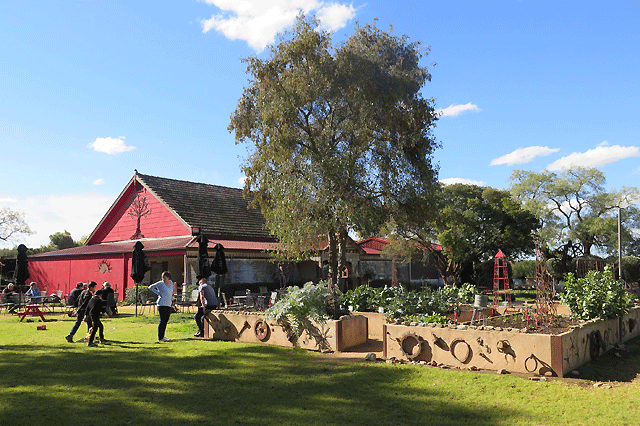
The top-billing attraction is undeniably Rich Glen Olive Estate, which has been an ingenious family affair ever since Franc and Marija Vodusek purchased the land in 1982. 36,000 olive trees were planted on 300 acres by Franc and his son Daimien. A cutting-edge processing facility followed, allowing the family to harvest and press the olives within hours of being picked, producing one of the finest and freshest ‘first cold pressed extra virgin” Australian olive oils. Now under the helm of Daimien and his wife Ros, it’s their Farmgate Store that is quite the revelation.
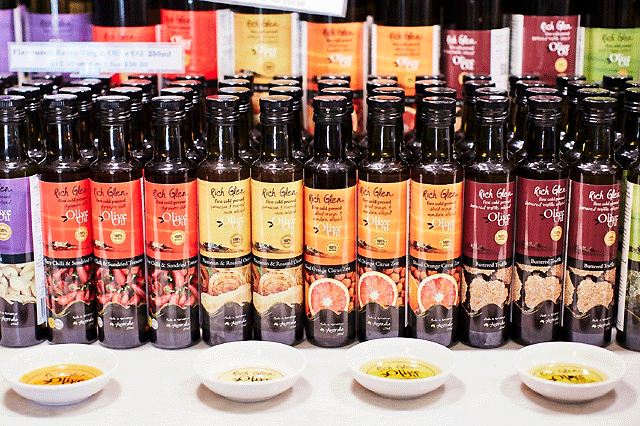
Roughly 200 products are produced from their factory, spanning flavoured olive oils, salad dressings, dukkah, jams, relish, savoury fruit pastes and herbal olive leaf teas. ( Their Poppy’s Dressing is a runaway favourite.)Their Tranquil Room is serenity personified, groaning with body oils, candles, soaps and myriad therapeutic products. It is a cornucopia of sublime temptation.
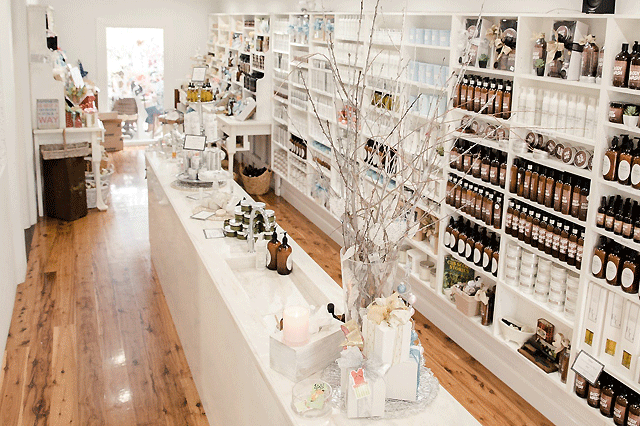
I enjoyed a spot of lunch with the delightful Ros from the Farmgate Café – their toasted wraps are mouth-watering. For five years, the shop operated out of one of their children’s bedrooms, before they moved out of their historic family homestead and transformed it into the astonishing store and café you can relish today. (They built a new family home just across the paddock.)
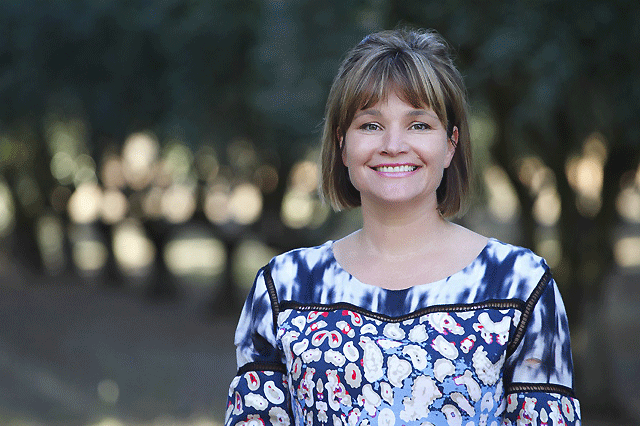
Not only do they grow olives, but fruit, vegetables and grains, but they raise sheep, cattle and chickens. Sourcing local, seasonal produce is their abiding passion. Bracketed in picturesque gardens, a stunning playground and a museum-style shed of old time farm machinery, this family-friendly destination is an unrivalled experience. Sun Country boasts a wealth of bountiful boutique producers.
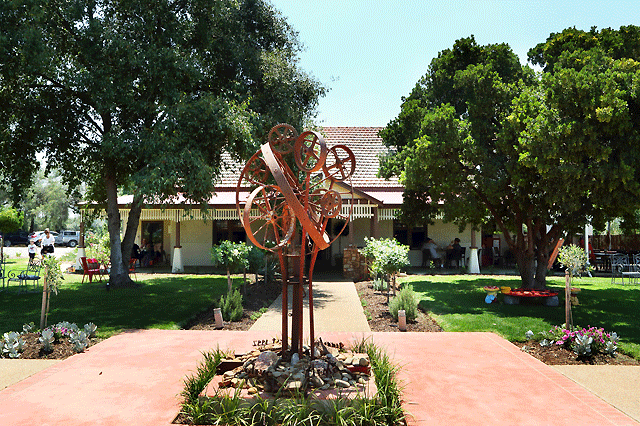
A Farm Gate Trail map will whisk you around a spree of working farms and orchards, where you can meet the producers and sample their home-grown delights, from almonds and olives to wines and cider.
Just ten minutes up the Murray Valley Highway, I also called into the Byramine Homestead, an enchanting memorial to the pioneering era. Built by the famous explorer Hamilton Hume in 1842, this National Trust-classified property became the home of Elizabeth Hume, the first person to live in north-east Victoria.
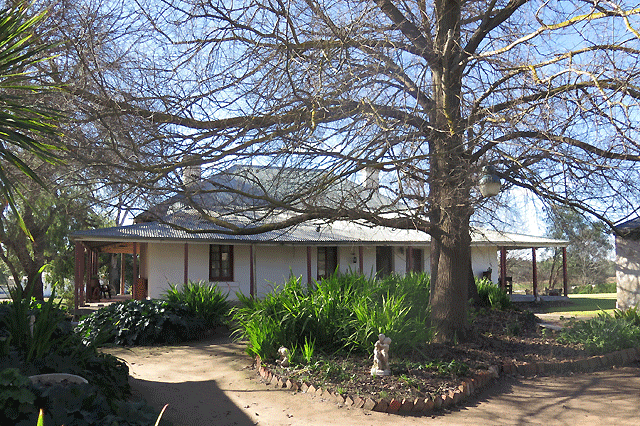
It is packed with anecdotes and unique features. I was struck by the octagonal rooms, created for the climate and also for security, as they were often under attack from Bushrangers. Originally the homestead was on the Yarrawonga Run. Today the Byramine Homestead is nestled amongst one of the largest vegetable farms in Australia and home to the oldest Elm trees in Victoria. While visiting the Byramine Homestead you can enjoy a range of Devonshire Tea’s, Ploughman’s Platters, or light lunches. There is also a brewery where you can sample a boutique range of beer, wine and cider.
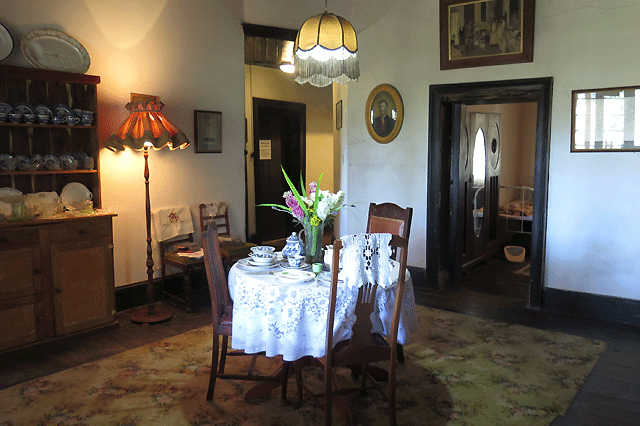
Finally, surrender to nature at Barmah Forest Heritage and Education Centre. The interpretative centre is located in the sweet little township of Nathalia, which is a great primer for the real deal. Barmah National Park, and its adjoining parks, forms the largest River Red Gum forest in the world. Intimately linked to the mighty Murray River and its flooding regime, this diverse natural habitat hosts a rich array of wildlife, particularly waterbirds.
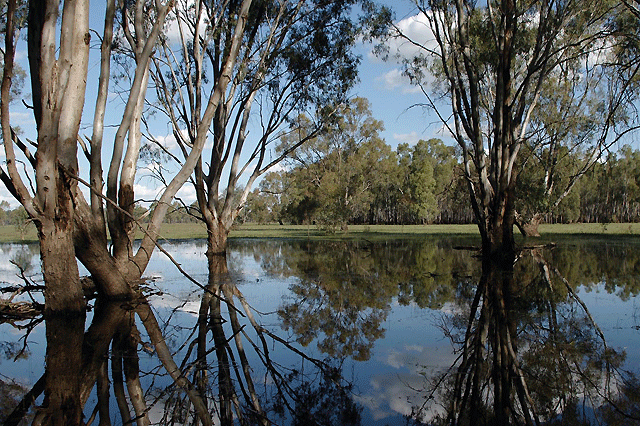
The Barmah-Millewa forest is a globally recognised wetland and it’s where you’ll want to focus your attention. This vast waterbird breeding area throngs with brolgas, night herons, spoonbills, sea eagles and azure kingfishers. River Red Gums, synonymous with the Murray, line the river and can live for half a millennium. The trees need periods of flooding and can survive inundation for many months. During a flood, their seeds are washed onto higher ground, germinating and growing before the next flood reaches them.
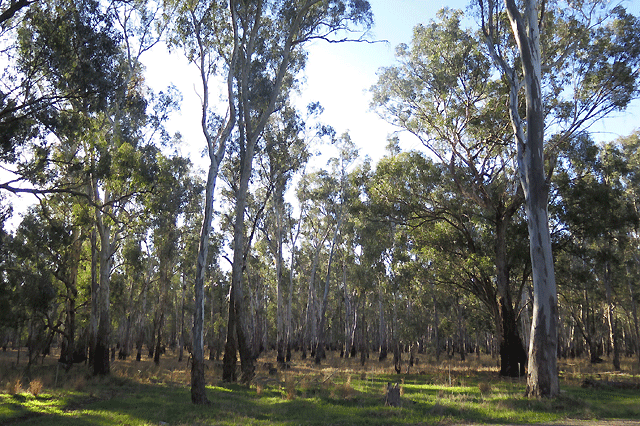
Hollows and broken branches provide ideal nesting conditions for Victoria’s colourful birdlife. It’s also the last known nesting site of the Superb Parrot. You’ll be in twitcher heaven.
Tootling around Victoria? The regional tourism website brims with inspiration. www.visitvictoria.com
Take a journey of discovery on the Sydney to Melbourne Heritage Drive. Jump to www.sydneymelbournetouring.com.au
By Mike Yardley. (October 20, 2018)


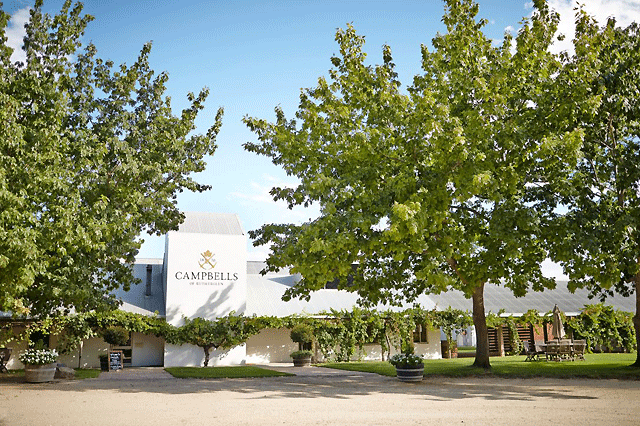

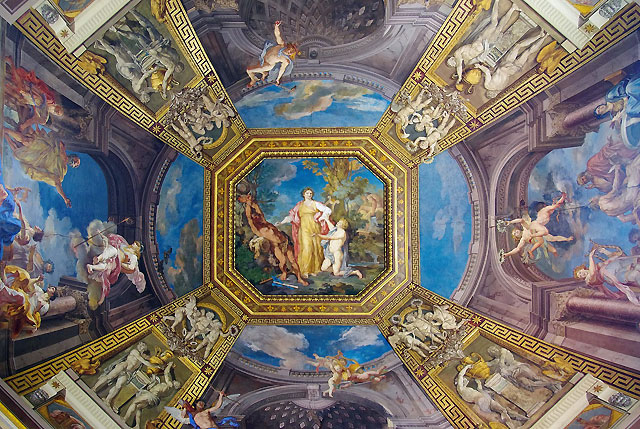
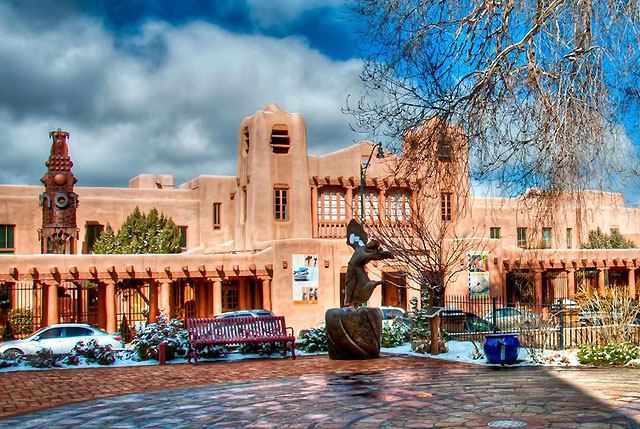
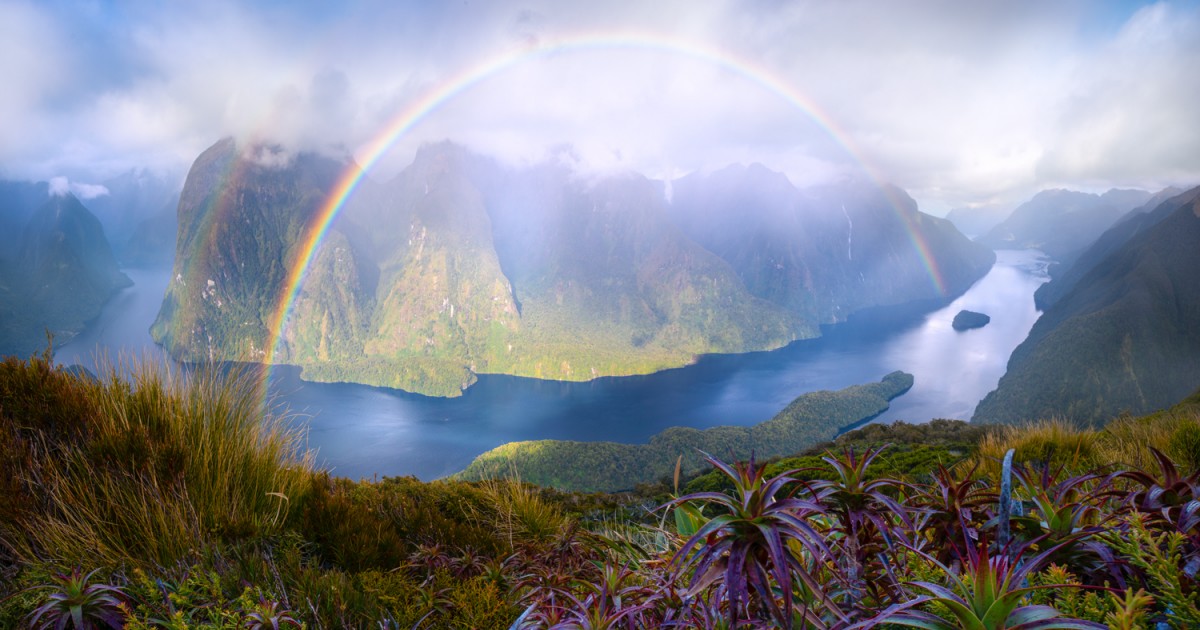
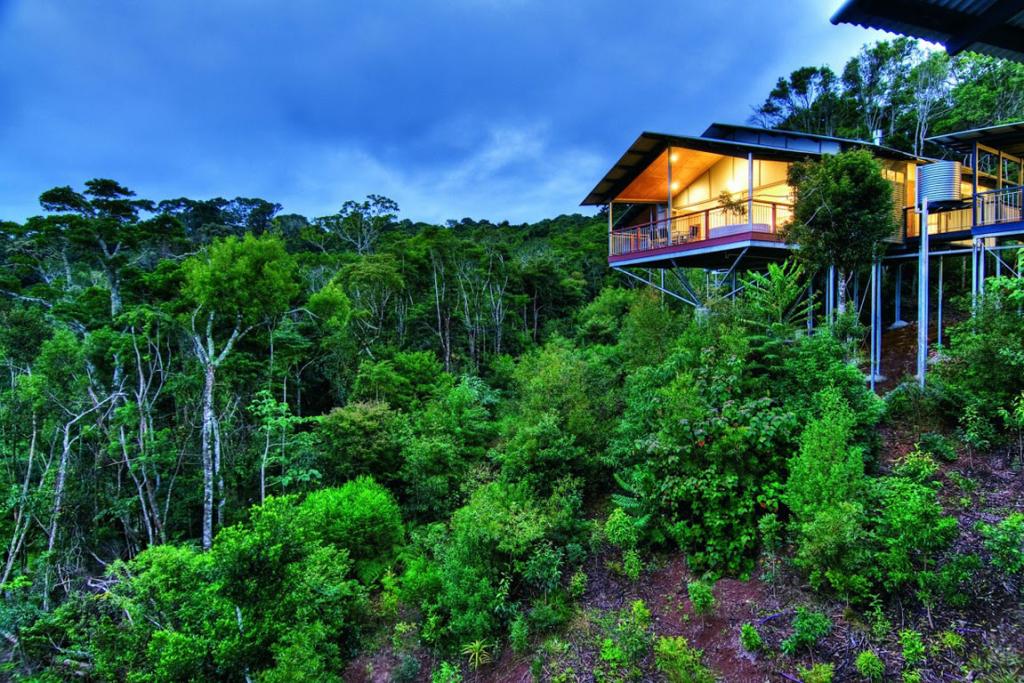
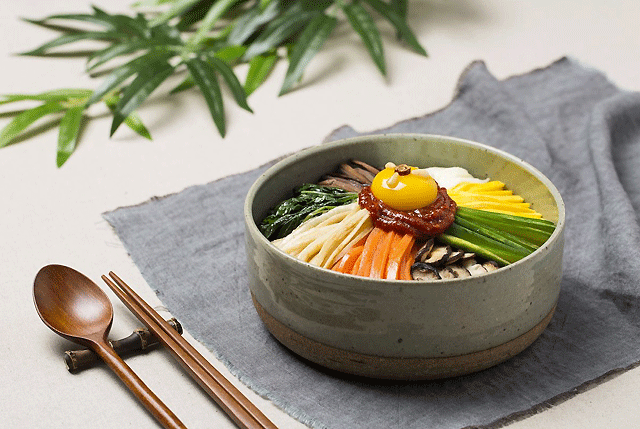
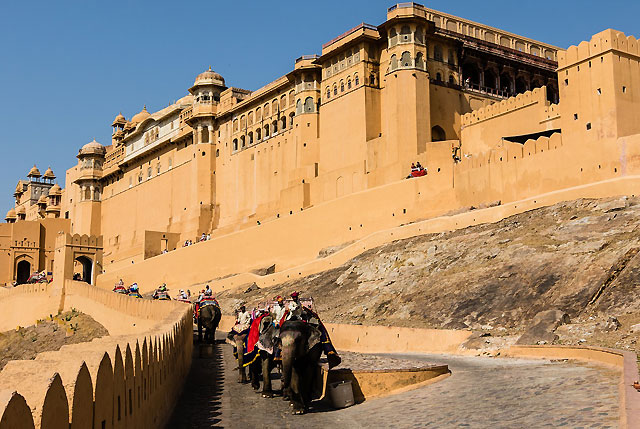
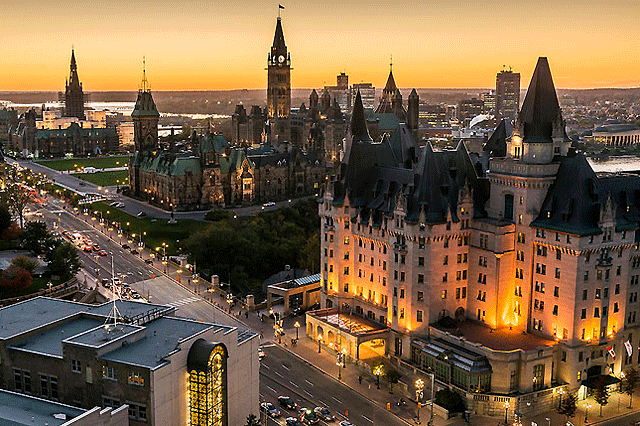
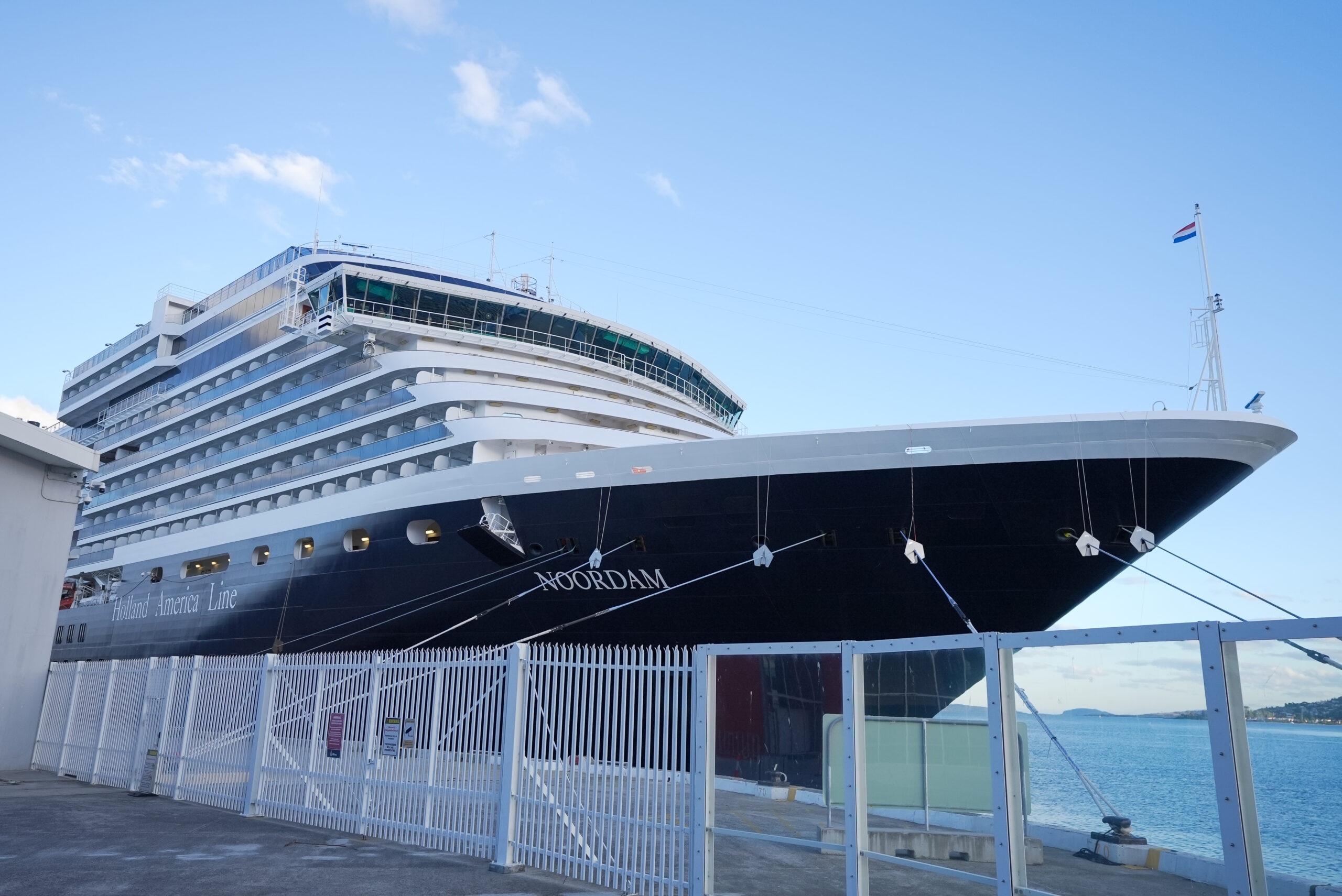
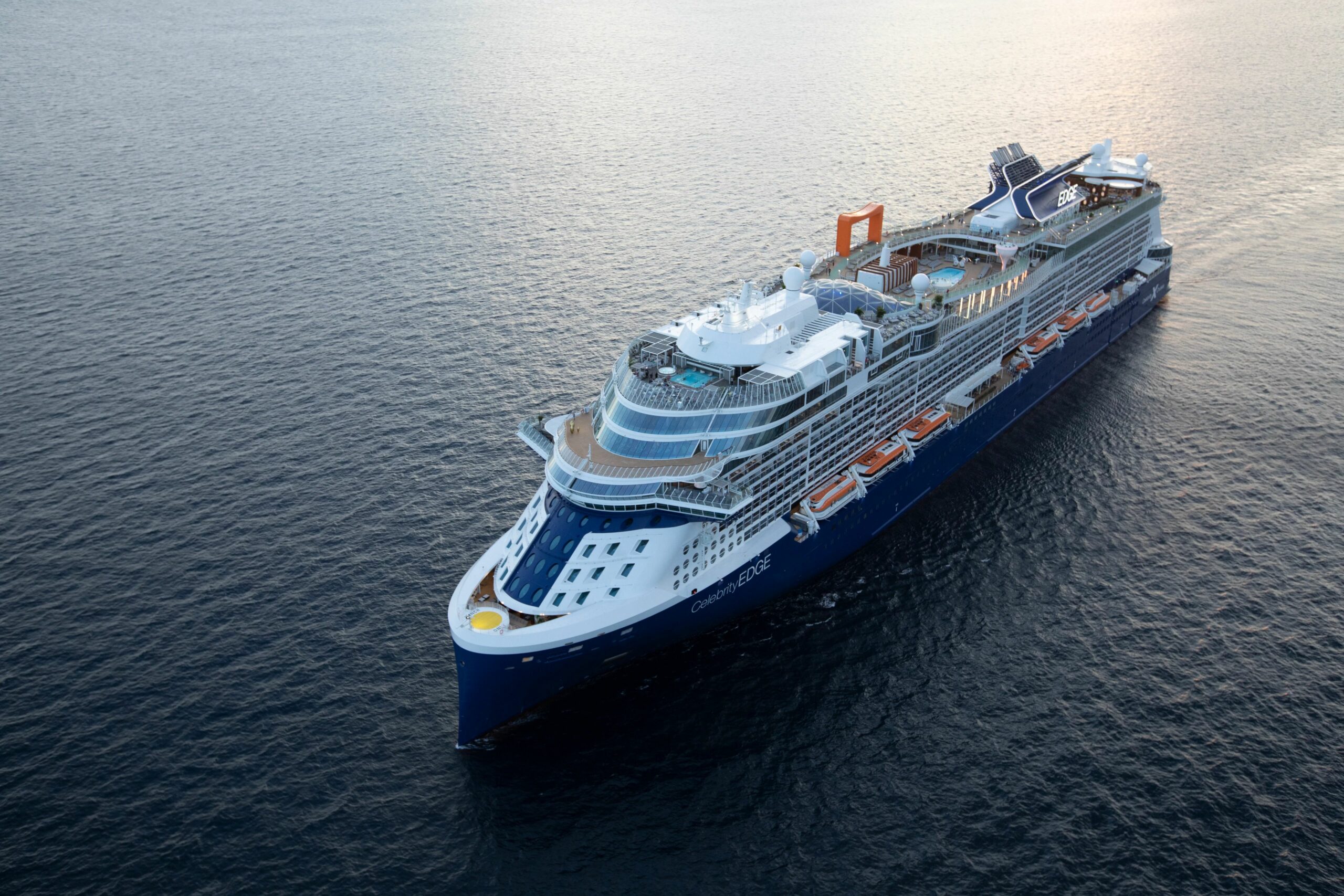
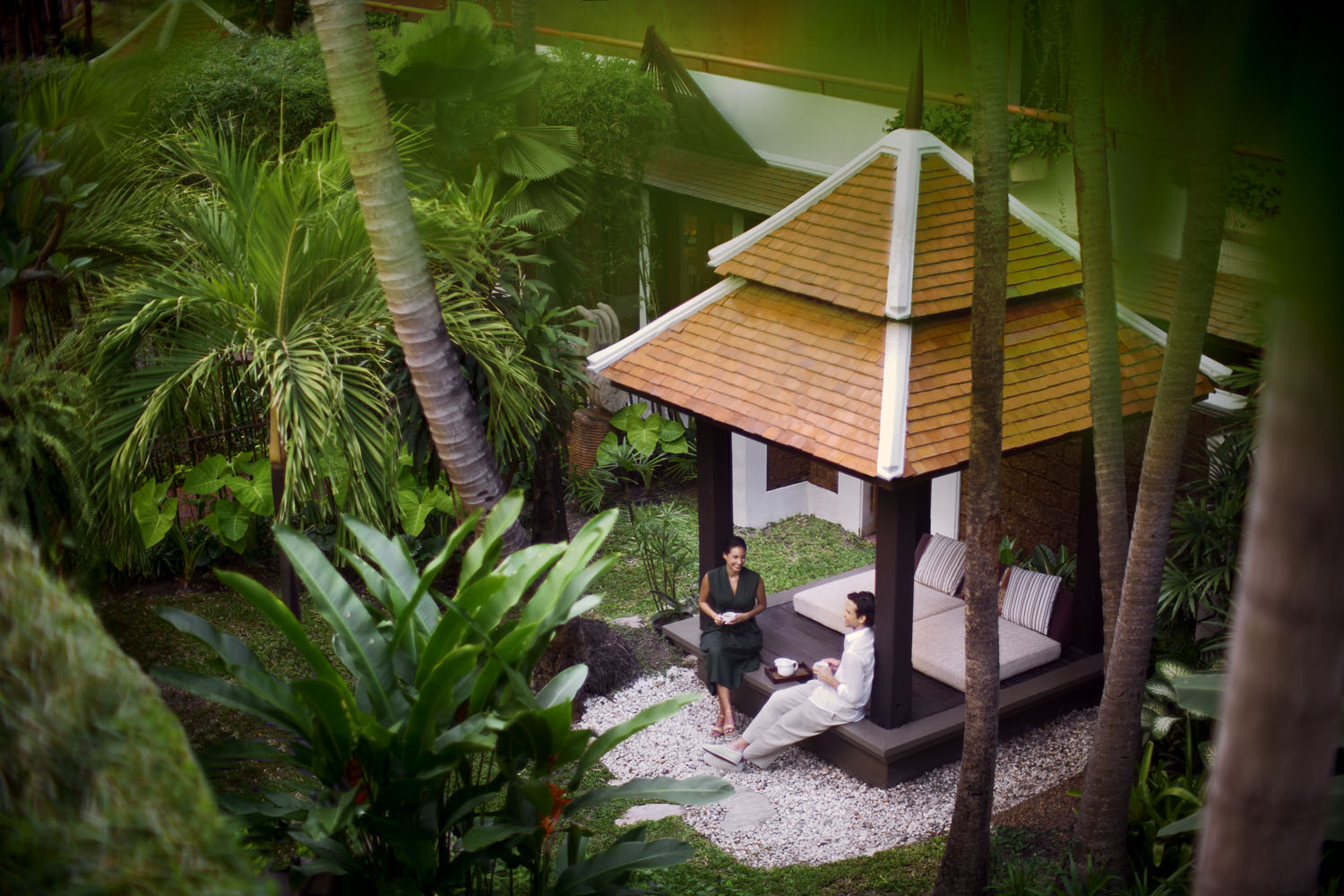
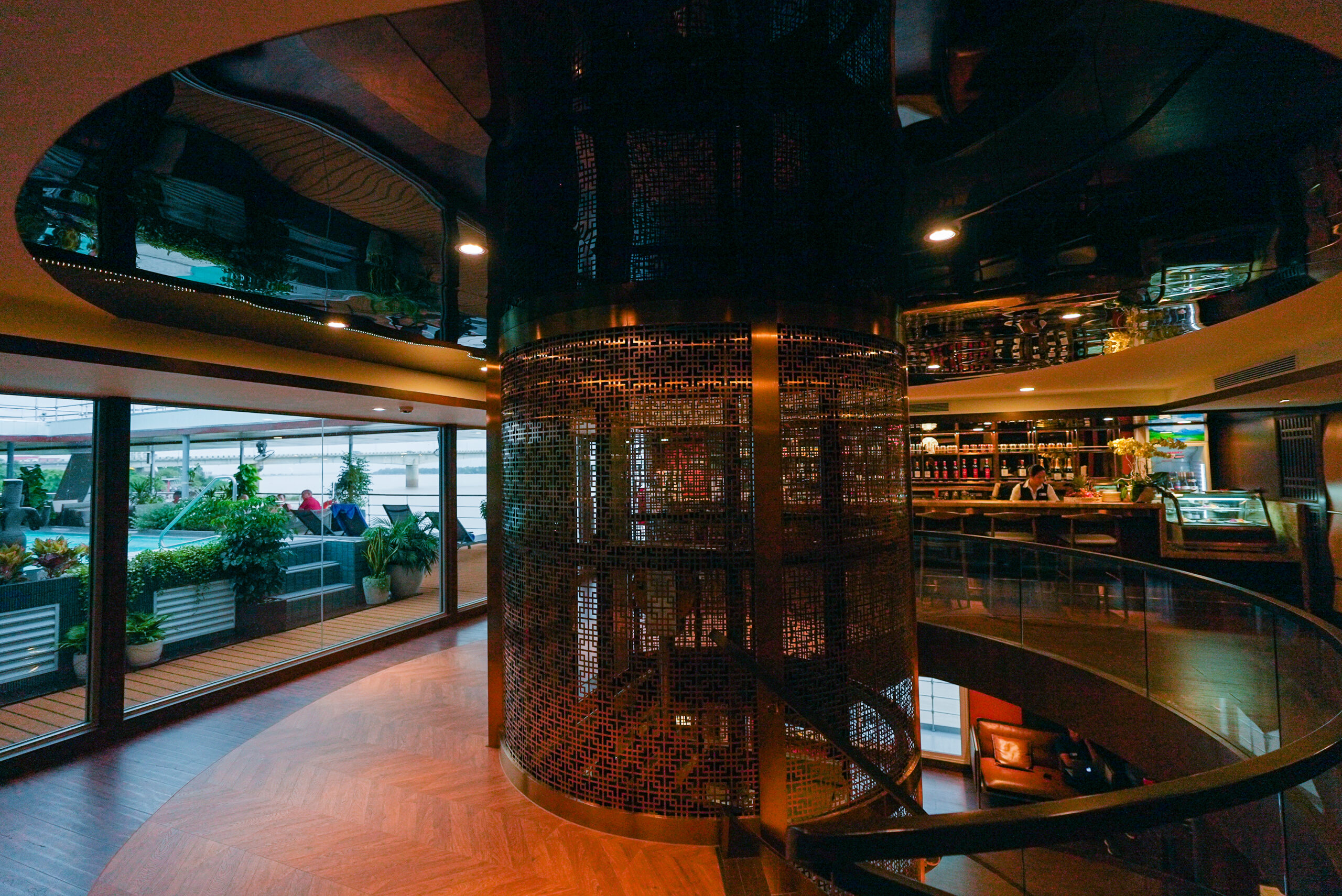
Recent Comments